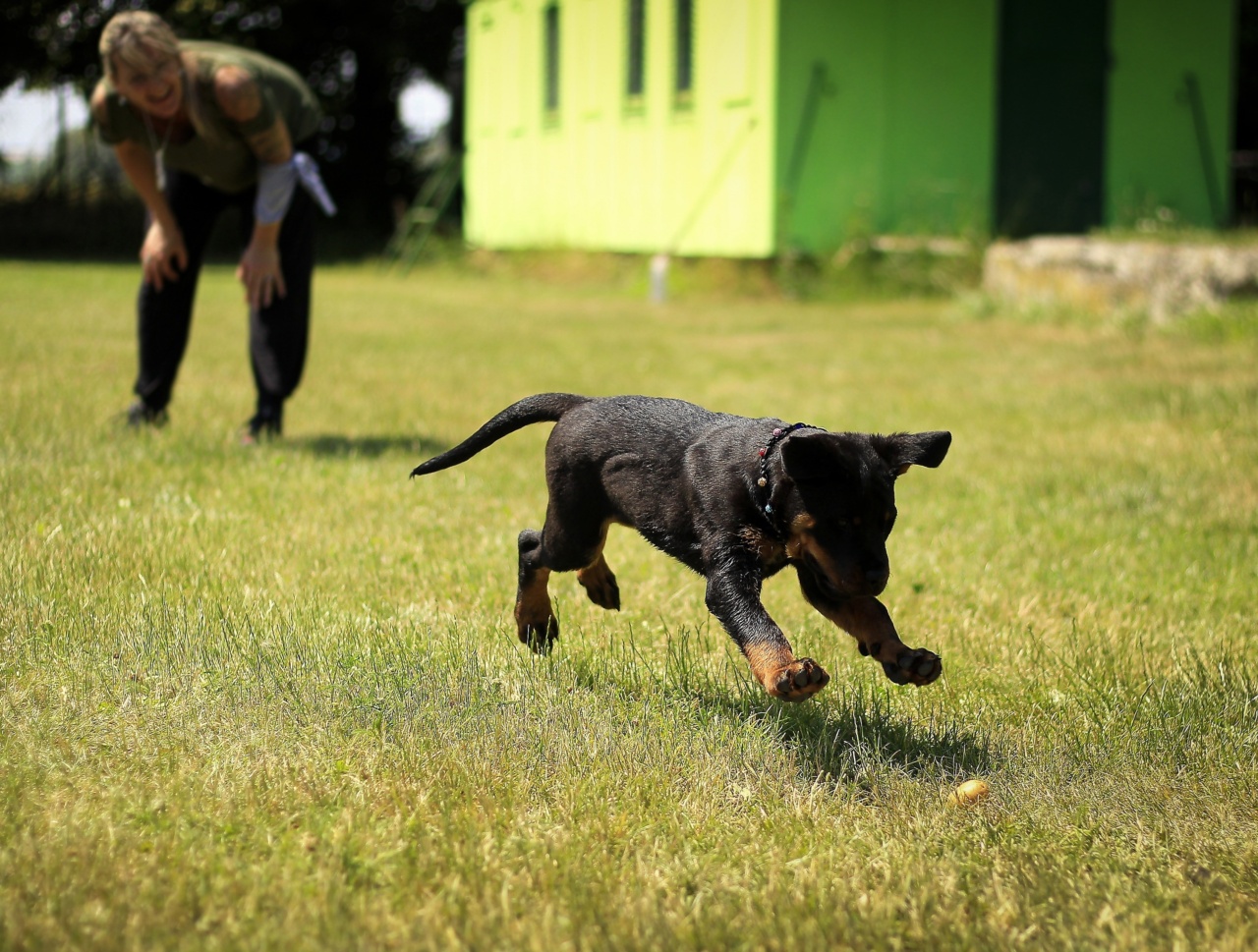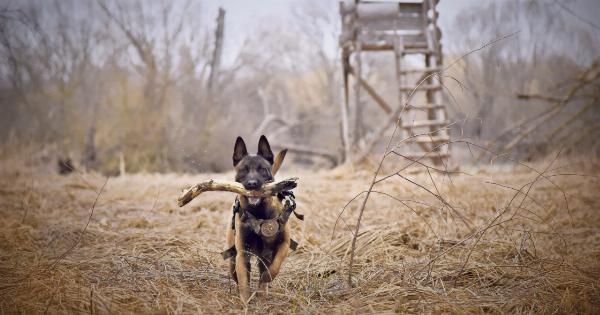Bringing a dog into your family is an exciting and rewarding experience. However, it also comes with its fair share of challenges, especially when it comes to training.
Finding the right dog trainer is crucial to ensure that your furry friend receives the best guidance and education. With so many options available, it can be overwhelming to make the right choice. In this article, we will uncover the secrets of choosing the right dog trainer to set you and your pooch up for success.
1. Determine Your Training Goals
Before embarking on your search for a dog trainer, it’s important to determine your training goals.
Are you looking to address specific behavioral issues, such as excessive barking or aggression? Or perhaps you want to teach your dog basic obedience commands? Understanding your objectives will help you find a trainer who specializes in the areas you need assistance with.
2. Research Different Training Methods
There are various training methods used by dog trainers, ranging from traditional techniques to positive reinforcement approaches.
It’s essential to research and understand the different methods to find one that aligns with your beliefs and values. Positive reinforcement-based training methods have gained popularity in recent years as they focus on rewarding desired behaviors rather than punishing unwanted ones.
3. Check Credentials and Certifications
To ensure that you’re working with a qualified and knowledgeable professional, it’s important to check the trainer’s credentials and certifications.
Look for certifications from reputable organizations such as the Certification Council for Professional Dog Trainers (CCPDT) or the Association of Professional Dog Trainers (APDT). These certifications demonstrate that the trainer has met certain standards of expertise and professionalism.
4. Experience and Specialization
Experience plays a vital role in a dog trainer’s ability to handle various situations effectively. Consider how long the trainer has been working with dogs and whether they specialize in specific breeds or behavioral issues.
Some trainers may focus on working with puppies, while others may specialize in rehabilitating aggressive dogs. Finding a trainer with experience and specialization relevant to your dog’s needs can greatly enhance the training process.
5. Read Reviews and Testimonials
One of the best ways to gauge a dog trainer’s reputation and effectiveness is by reading reviews and testimonials from previous clients. Look for testimonials on the trainer’s website or ask for references.
Positive reviews and success stories indicate that the trainer has a track record of helping dogs and their owners achieve desired results.
6. Visit Training Sessions
Before committing to a particular trainer, ask if you can observe one of their training sessions. Seeing the trainer in action will give you a firsthand experience of their training style, methods, and how they interact with dogs.
It will also allow you to assess the training environment and determine if it’s a comfortable and safe space for your dog.
7. Communication and Personal Connection
Effective communication between you, the trainer, and your dog is crucial for successful training sessions.
During your initial consultation or meeting, pay attention to the trainer’s ability to listen, understand your concerns, and clearly explain their approach. A trainer who can effectively communicate and establish a personal connection with both you and your dog is more likely to create a positive and productive training experience.
8. Training Tools and Equipment
Inquire about the training tools and equipment the trainer uses in their sessions. Ensure that the trainer employs humane and ethical methods, avoiding any tools that may cause harm or discomfort to your dog.
Positive reinforcement trainers often rely on rewards such as treats, toys, or praise to reinforce good behavior, while avoiding the use of aversive tools like shock collars or choke chains.
9. Cost and Commitment
Dog training can be a significant investment of both time and money, so it’s essential to consider the cost and commitment required.
Inquire about the trainer’s fees, whether they offer packages or individual sessions, and what their refund or cancellation policies entail. Additionally, discuss the expected duration of the training program and the trainer’s availability to ensure it aligns with your schedule and goals.
10. Trust Your Instincts
Finally, trust your instincts when selecting a dog trainer. If something feels off or if you’re uncomfortable with a particular trainer’s methods or philosophy, it’s okay to keep searching.
Your dog’s well-being and your own satisfaction are paramount, so don’t rush the decision-making process.
Conclusion
Choosing the right dog trainer is a crucial step in ensuring that your four-legged companion receives the training they need.
By considering your training goals, researching different methods, checking credentials and experience, reading reviews, observing training sessions, evaluating communication and connection, assessing training tools, considering cost and commitment, and trusting your instincts, you can make an informed decision. Remember, finding the right trainer will not only enhance your dog’s behavior but also strengthen the bond between you and your furry friend.






























